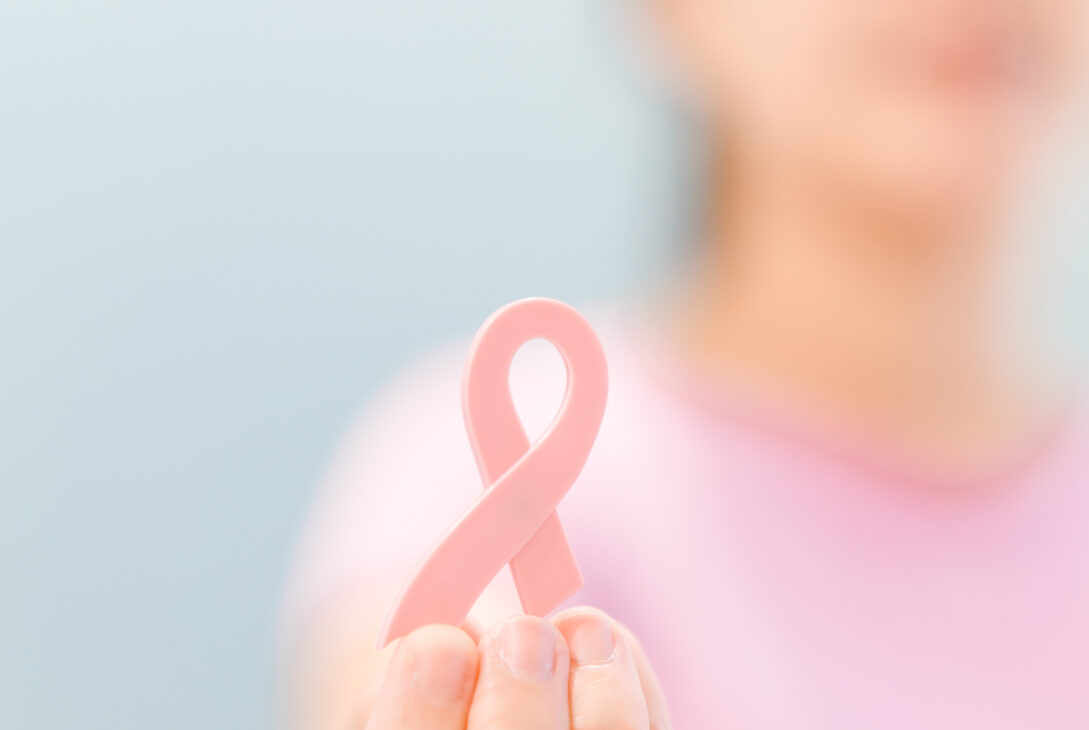Before you read on, don’t forget to take a look at Part 1 of our interview. In Part 1, Savanah discussed what metastatic breast cancer (MBC) is, her diagnostic journey, and treatment options. Today, we discuss the mental health impact of a breast cancer diagnosis and Savanah’s advice for the newly diagnosed.
The Mental Health Toll of a Breast Cancer Diagnosis
Prior to her diagnosis, Savanah hadn’t really known anybody who had cancer or who had gone through this journey. So one of the harder things she discovered on her own path was the mental health impact. She explains:
“It’s difficult to navigate metastatic breast cancer as someone who is younger and not in that ‘expected’ age range. When people hear my story, they always tell me that I’m so young, which is hard to hear sometimes. My life looked a lot different coming out of college. I had goals for myself, but I’ve had to get used to a new normal. I haven’t gotten to jump into a career like I thought I would have after college. I’ve watched so many friends and people around me excel in their careers, and sometimes I’ve felt unfulfilled because I can’t pursue that.
A family is something I always wanted. I froze my eggs before chemo, but I don’t know if I’ll get there. And some days, people say ‘oh, you look so good,’ but they don’t know that the first half of the week, I was stuck in bed because I wasn’t feeling well. There’s a lot of people who maybe don’t look sick but feel sick, or they’re saying the good things but not the bad things, or how they really feel inside. The truth behind it all is so important to get out there, and that’s why I’m trying to raise awareness.”
This desire to make a change, and to facilitate these difficult discussions, eventually led Savanah to Living Beyond Breast Cancer before she joined Every Day for MBC. Every Day for MBC describes itself as:
a place for the MBC community to share real-life stories, advice and support. Come together at #EveryDayforMBC. Brought to you by Seagen.
Through this community, Savanah has connected with many other individuals living with breast cancer. She’s heard their stories, shared thoughts, and found other women she can connect with. According to Savanah, this has been very helpful not only in raising awareness, but in feeling as though she isn’t alone. There are others who understand what she is going through.
Advice for Those Living with Breast Cancer
So, when it comes to advice, that’s actually one of the first pieces of advice that Savanah feels is important: find a community and a support system. Outside of Every Day for MBC, Savanah finds support through her family and her husband, who she married in March 2022. For people who might be newly diagnosed, Savanah suggests reaching out to Every Day for MBC or to other groups to find and connect with people who are also going through this experience.
Next, Savanah urges people to find something that they enjoy doing that they can focus on. She shares:
“I got into polymer clay during the pandemic as a way to clear my mind. Now, I create polymer clay earrings as a hobby. I sell and gift them to women undergoing treatment. Walking made me happy for a while. I have a lot of side effects from the trial drugs so I can’t go for walks anymore, but when I could, it really helped me mentally get through the day. I also like hanging out with my dogs.”
If you are living with breast cancer, finding an avenue for stress relief and clarity could be beneficial during your journey. Next, Savanah says, people should make sure to know and trust their bodies. Do self-exams every month. Get a mammogram if you can. She shares:
“Don’t push a problem to the side because it ‘can’t be that.’ I know that 20s are really early, but a lot of women in their 20s and 30s are getting breast cancer. Cancer doesn’t have an age limit.”
For her final piece of advice, Savanah returns to the importance of mental health and the recognition of the mental tolls of cancer. She reminds everyone to take it one day at a time and to understand that not every day is going to be a good or uplifting one:
“It’s okay to have bad days. Everyone always told me, ‘just stay positive,’ or ‘you’re so strong,’ so I tried to stay positive. I didn’t want to let anybody down. But I had to learn that just because I’m having a bad day doesn’t mean that I’m not strong or positive. So don’t feel like you need to be strong every day. Cherish the good days and give yourself grace on the bad days.”
Last modified: April 11, 2023







